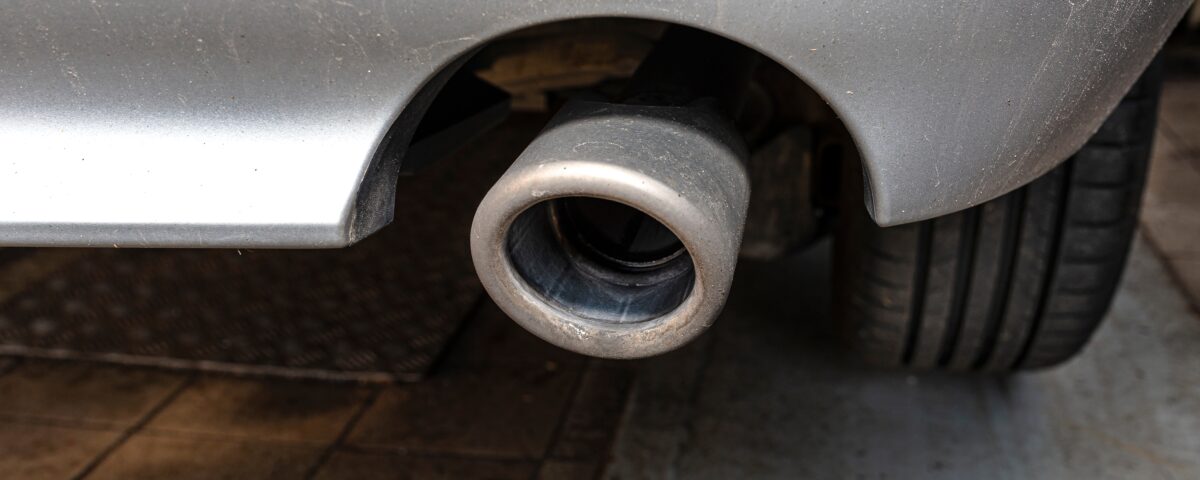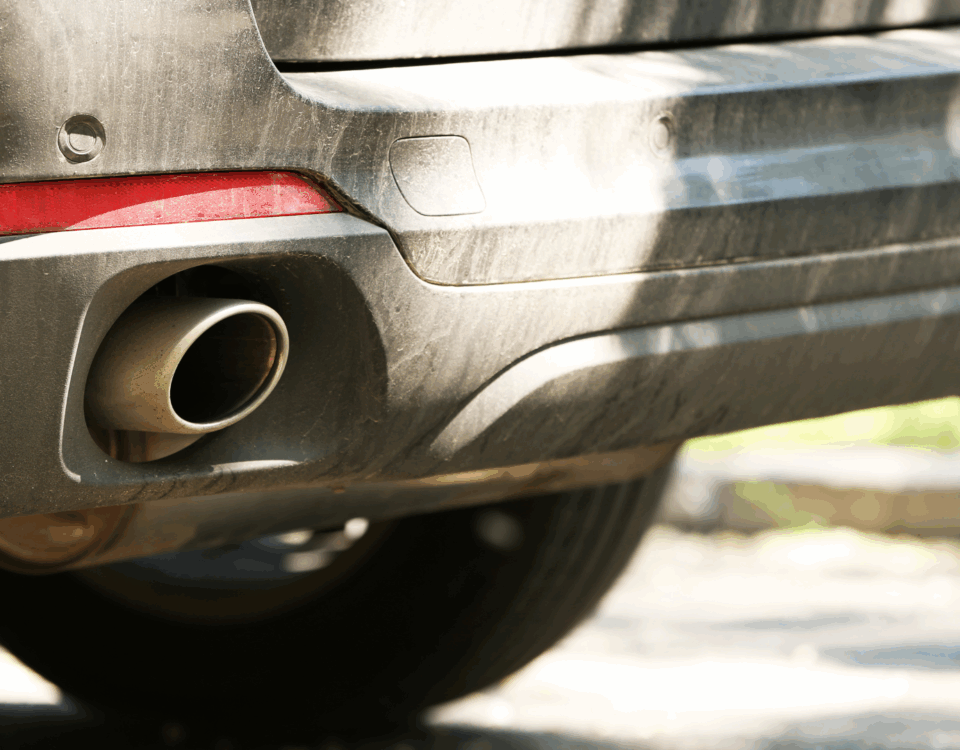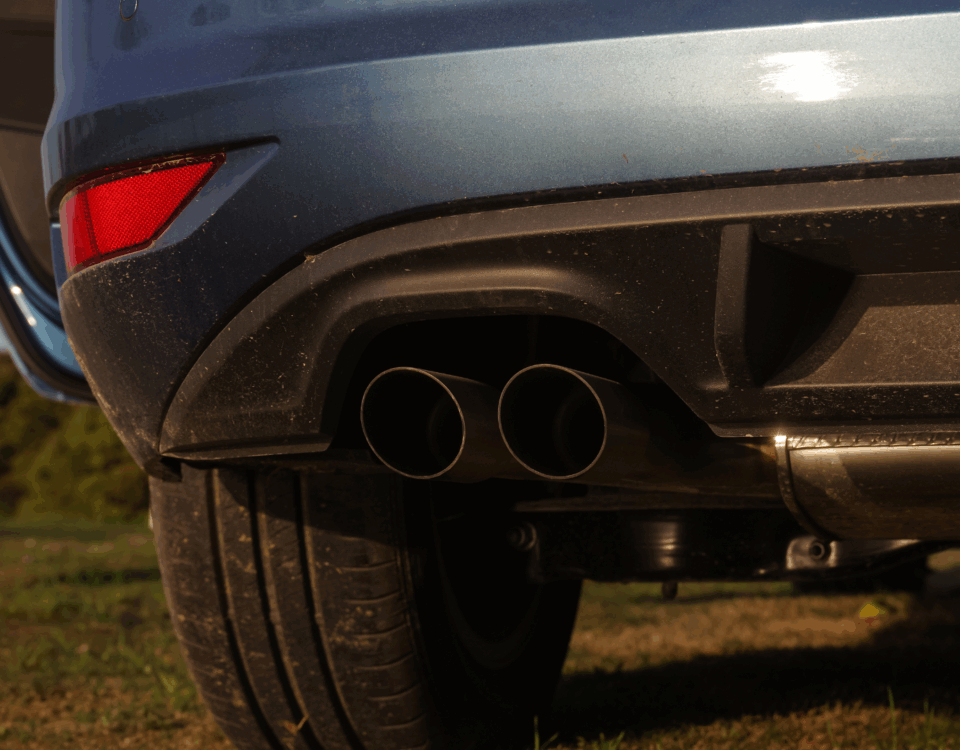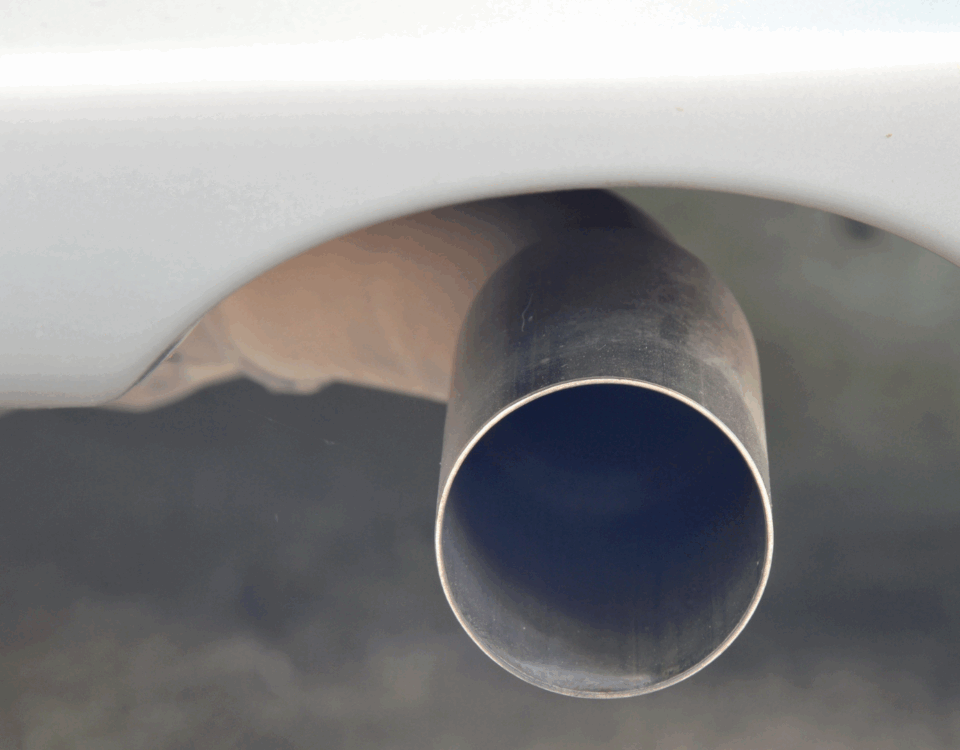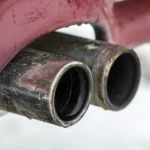
Smog Check and Emissions Test: What Sets Them Apart
April 26, 2025
How Often Do You Need a Smog Check? Factors That Affect Frequency
May 5, 2025Understanding the Purpose and Importance of a Smog Check
A smog check is more than just a regulatory requirement; it’s a vital process designed to reduce air pollution and ensure vehicles run efficiently. For older cars, which often lack the advanced emission controls of modern vehicles, these inspections are especially critical. The smog check evaluates a car’s emissions system, helping identify harmful pollutants like carbon monoxide and nitrogen oxides. When a vehicle fails, it’s a sign that repairs or tune-ups are needed not only to meet legal standards but also to protect the environment and public health.
How Vehicle Age Affects Emissions and Smog Check Frequency
Older vehicles are generally more prone to emissions issues due to worn-out parts, outdated engine designs, and the absence of modern emission-reduction technologies. As a result, states often require more frequent smog checks for these cars. For example, in California, most gasoline-powered vehicles that are model year 1976 and newer must pass a smog check every two years. However, cars that are over 20 years old may be exempt if they qualify as collector vehicles. Regardless of exemptions, owners of older cars should still prioritize regular checks to avoid costly repairs and environmental impact.
How Often Should You Get a Smog Check for Your Older Car?
The frequency of a smog check depends on your state’s regulations, but for older vehicles, every two years is a common requirement. However, if your vehicle has shown signs of excessive emissions—such as poor fuel economy, engine misfires, or visible exhaust—it may be wise to get it tested more frequently. Some regions even require a smog check when a vehicle is sold or registered for the first time in the state. Staying proactive with smog checks ensures compliance and keeps your vehicle running safely and cleanly on the road.
Tips to Prepare Your Older Vehicle for a Smog Check
Preparing your car properly before a smog check can make a significant difference in passing the test. Start by making sure the “check engine” light is off—this alone can cause an automatic failure. Perform regular maintenance such as oil changes, replacing air filters, and checking spark plugs. Drive the car for at least 15 minutes before the test to warm up the engine. These steps not only increase your chances of passing but also prolong the life of your vehicle and reduce emissions overall.
The Environmental and Financial Benefits of Regular Smog Checks
Regular smog check for older vehicles aren’t just about meeting legal requirements—they’re also about contributing to cleaner air and reducing the strain on your car’s engine. By identifying problems early, you can avoid expensive repairs down the road and maintain better fuel efficiency. Environmentally, each successful smog check helps minimize harmful emissions, supporting community health and sustainability goals. Ultimately, staying on top of your smog check schedule is a smart move both financially and ethically for owners of aging vehicles.



